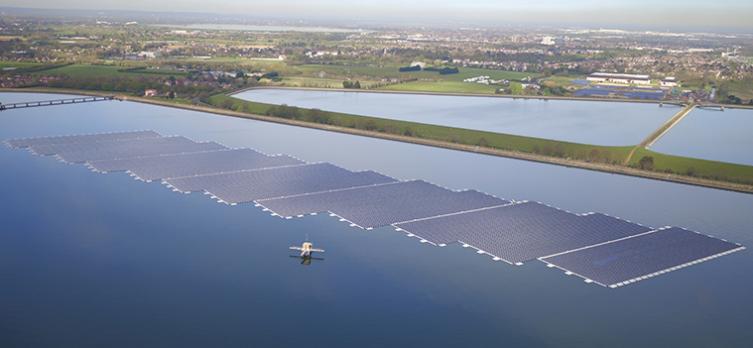Events

Context
As technological disruption is spreading from developed to developing countries, the transformation of the power sector is poised to be a key theme for most developing countries in their journey towards achieving SDG 7. In the 2017 London Knowledge Exchange Forum, we ask: What is the future of the energy systems in a time of technology disruption – and how can developing countries seek to adapt?
Declining costs of renewables and improvements in communications, information and energy technologies present new opportunities for developing countries. These include deploying and integrating variable renewable energy resources and distributed energy resources into the power system, enabling demand side response and energy efficiency, and extending modern electricity services to unserved areas – all of which are key to achieving the Sustainable Development Goal (SDG) 7.
With surging investments in renewables and new technology costs declining, low-and-medium income countries stand on the threshold of a revolution. Similar developments are already unfolding across the power systems of many developed economies: new business models and services are emerging with the promise of cheaper, greener and smarter electricity, often delivered by new private sector participants. Exploiting the potential benefits brought by new technologies, however, might be at odds with the business models of the sector. Under this paradigm, transmission, distribution and generation companies must either transform themselves to adapt to a new reality of rapid technological changes or fight an increasingly difficult battle to preserve their traditional role.
Power systems in developing countries face unique challenges to this transition across the physical system, markets and governance domains. Lack of physical infrastructure to support the integration of new technologies; regulatory frameworks that provide inadequate incentives for utilities to improve their performance and do not open up for private sector participation and market based solutions; and weak institutions incapable of changing the status quo. These are some of the insights, knowledge, and lessons learned all participants heard and shared about.
The day was devoted to discuss strengthening energy systems in a time of technology disruption, but we believe participants’ experiences and contributions to the discussions were highly relevant and interesting to all attending the event.
The KEF shed light on this through 6 sessions spanning over two days:
- Introductory Plenary: Visions of the Evolution of Energy Systems
- How will the role of utilities in the future energy system evolve?
- How innovative off-grid initiatives and improved planning tools are improving access in developing countries
- What are the challenges and opportunities of mobilizing commercial capital due to new energy systems?
- How market-based solutions can unlock power system flexibility through stronger price signals
- How can development partners work with national governments to enable the transition to the energy systems of the future?
Organizers
The event was organized by the World Bank Energy Sector Management Assistance Program (ESMAP) and hosted by the UK Department for International Development (DFID) and the UK Department for Business, Energy and Industrial Strategy (BEIS).
The 2017 ESMAP Knowledge Exchange Forum is meant to be a venue for the exchange of knowledge, experiences, lessons and insights among practitioners. The Forum brought together participants from many World Bank client countries and developed countries. Practitioners from international financial organizations also participated. This event was open only to invited participants.
Event Booklet | Special Edition ESMAP E-Bulletin | Presentations | Proceedings | All Knowledge Exchange Forums
